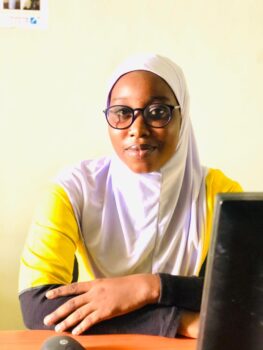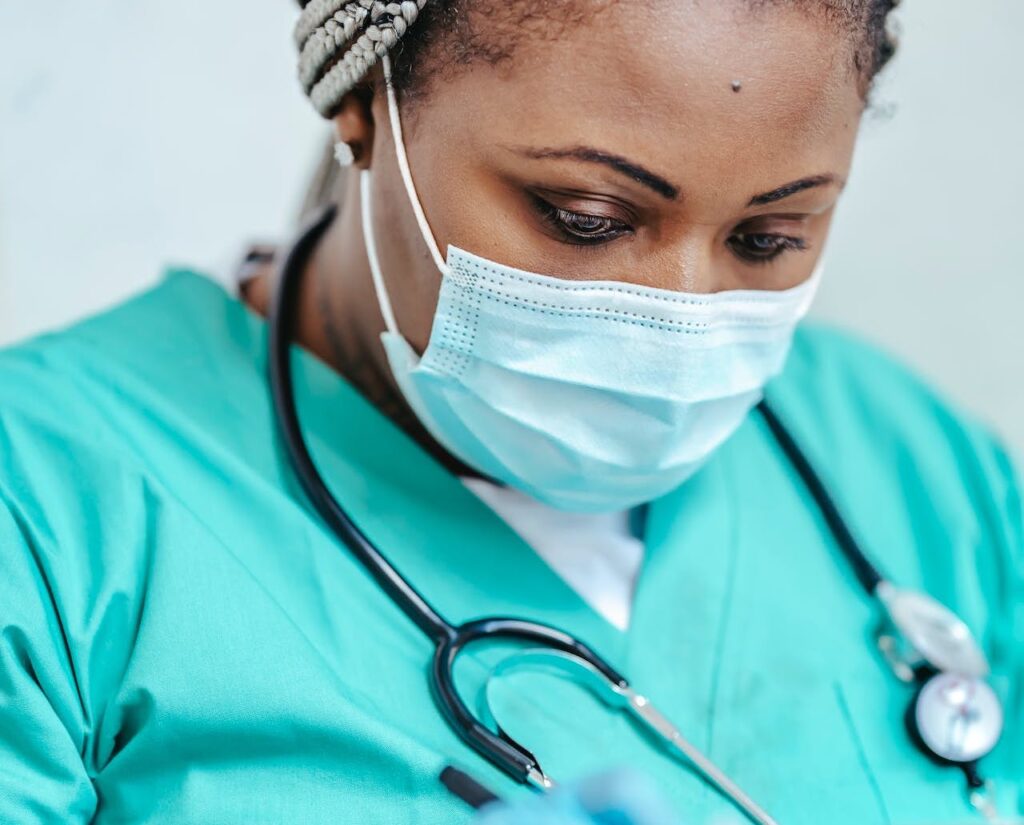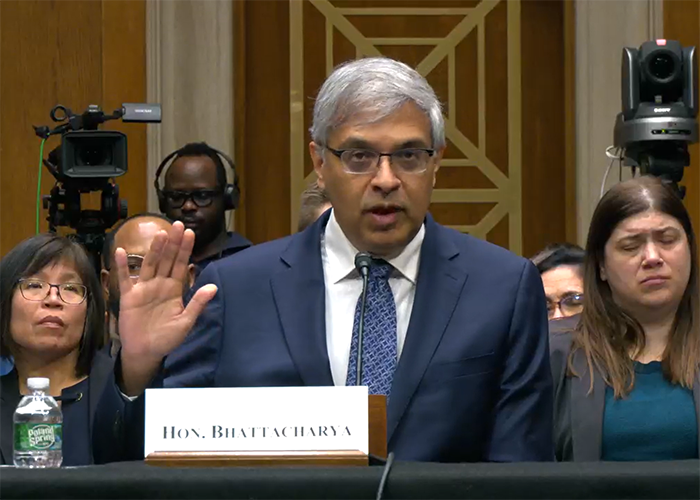When it comes to oncology, nursing is the cornerstone of effective care. Nurses are often the health care professionals who provide the highest degree of emotional support, educate, manage symptoms, and reduce the overall burden of the disease.
And in Africa, nursing professionals in the oncology space are paramount to ensuring that patients survive their diagnosis due to the fact that the number of oncologists on site in most hospitals is often incredibly low. According to a study published in Biomedical Central, African doctors will see nearly twice the amount of patients across a greater number of sites (requiring travel) than oncologists from other continents. This only increases the need for well-trained nursing support in African oncology.
Unfortunately, a 2022 Lancet study found that many nurses in sub-Saharan Africa are not dedicated to oncology units, but rather “rotate through different departments in hospitals, meaning that they do not acquire the necessary expertise to treat these patients safely and effectively. There is also low access to specialized services.” For example, in Kenya, there is one oncology nurse per 602,386 people, compared to the U.S. which has a ratio of one oncology nurse per 15,328 people, or an average 1:5 nurse per patient ratio.
It is not surprising then that, in sub-Saharan Africa, a cancer diagnosis is often considered a death sentence. Current estimates are forecasting a major increase in cancer mortality in sub-Saharan Africa in the current decade, with a predicted increase from 520,348 deaths per year in 2020 to approximately 1 million deaths per year by 2030.
Starting to solve the problem
To combat this issue, at the 2017 Biotechnology Innovation Organization (BIO) International Convention, BIO Ventures for Global Health (BVGH) launched its African Access Initiative (AAI), a public-private partnership that targets the growing cancer crisis in Africa.
Partnering with governments and cancer hospitals in seven African countries (Cameroon, Côte d’Ivoire, Kenya, Nigeria, Rwanda, Senegal, and Tanzania), AAI has implemented a number of programs ranging from screenings to education to training to grantmaking. These programs include the 2022 Advanced Oncology Nursing Training, available in both English and French on YouTube. This program reaches nurses where they are at without the need to invest time or money into traveling for additional training. It also allows nurses to study at their own pace and in accordance with their busy schedules.

“The Digital Oncology Nursing Training Program helped me better understand my cancer patients’ needs and ways I can contribute to their care,” said nurse Zarah Ibrahim Noma, from the Kalgo Medical Center in Nigeria. “Since the training took place, I feel more confident in my ability to communicate effectively with the cancer patients, and I am better placed to play a role in our patients’ care.”
BVGH has also partnered with Project PINK BLUE, along with Nigerian hospitals, to organize Nursing Pain Management digital courses in both French and English. “Aimed at both oncology nurses and clinical oncologists, this training addressed multiple steps in the cancer care pathway, quality of care, and managing cancer patients after diagnosis,” explained BVGH. “The course drew 433 participants from 14 countries.” Investments in workforce training of oncology health care providers, like these facilitated by BVGH, play a crucial role in the fight to prevent millions of avoidable deaths from cancer in sub-Saharan Africa by 2030.
“Thanks to the organizers of this great platform of learning, it is a great opportunity for me to enjoy this privilege that has been helping me to impact my patients’ lives positively, especially those diagnosed with cancer,” said one participant.
“This was an extremely informative, enjoyable and, above all, valuable session, and I look forward to putting some of the techniques I’ve learned today into practice,” added another participant.
In addition to these online courses, BVGH has also facilitated a four-week visit by Fulbright Visiting Specialist, Dr. Angela Appiah of Pace University, to the Senkatana Oncology Center, with support from the U.S. Embassy in Maseru, Lesotho. This allowed a leader in the oncology space to both conduct an assessment of Senkatana’s cancer patient care and deliver in-depth, customized training to the Senkatana oncology nursing team. As a result, Dr. Appiah trained over 20 nurses during her time in Lesotho, measurably increasing their clinical competency, and equipped two of the Senkatana nurses with the tools to train others using their newly acquired skills.
BVGH also facilitated ICU Training in Baingo, Cameroon at the Mbingo Baptist Hospital and Memorial Sloan Kettering Cancer Center, which allowed for a considerable expansion of the skills of the nursing staff, therefore improving the care and survivability of cancer patients at the facility.
Lastly, BVGH has also identified palliative care as a major priority when it comes to nurse training in sub-Saharan Africa. Late-stage cancer diagnosis is quite common in AAI partner hospitals, which demonstrates a problematic trend across the continent as a whole. Because cancers in Africa are diagnosed at a later stage than cancers in high-income countries, the mortality-to-incidence ratio (MIR) in Africa is almost twice that of the MIR in the United States.
Just as effective cancer treatment works toward the goal of survival, it also needs to incorporate the goal of comfort and compassionate end-of-life care when beating the disease is no longer a possibility. The essential elements of delivering palliative care resonate with the foundation of good nursing practice: symptom management, communication, and advocacy. These topics were presented, with case studies, in the AAI nursing and palliative care courses. BVGH is offering a number of online training opportunities to help develop skills around palliative care in Africa.
Steadily, BVGH and their partners are changing the game when it comes to cancer care across the African continent. As they have seen, education is a tool that every health care professional can use and in the digital age, global skills can become regional as well, leading to healthier, thriving communities everywhere.




